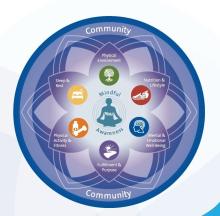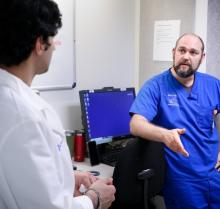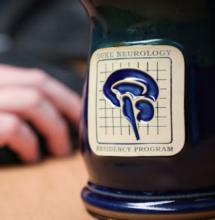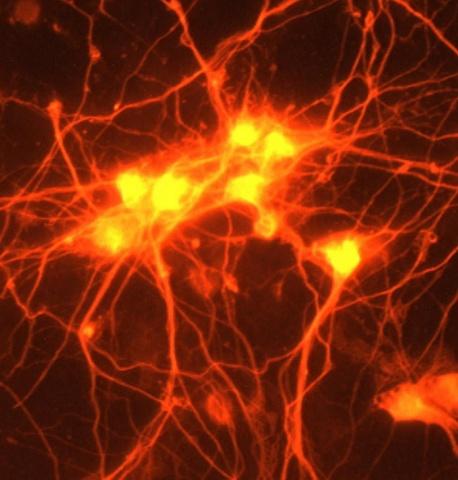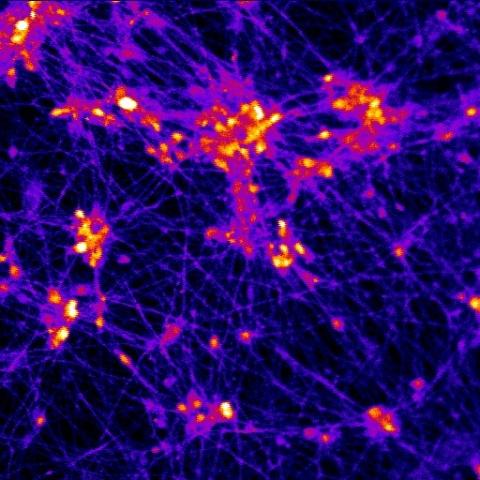
Our residency program provides excellent training in all areas of general and sub-specialty neurology.
In addition to being a tertiary care center where interesting cases are sent from around the state and country, Duke University Hospital serves as a community hospital for Durham and the surrounding region. The volume of patients and diversity of the neurological conditions that come through our inpatient wards and outpatient clinics ensure that every resident has ample opportunity to gain expertise in all aspects of neurology.
The Duke Neurology Residency Program recognizes that inclusion and respect are necessary components of its mission of world-class patient care, education, and research. Our program is committed to building and maintaining a community where all members thrive in a welcoming and engaging environment. Read more about our efforts to create a welcoming and inclusive environment across the Department here.


